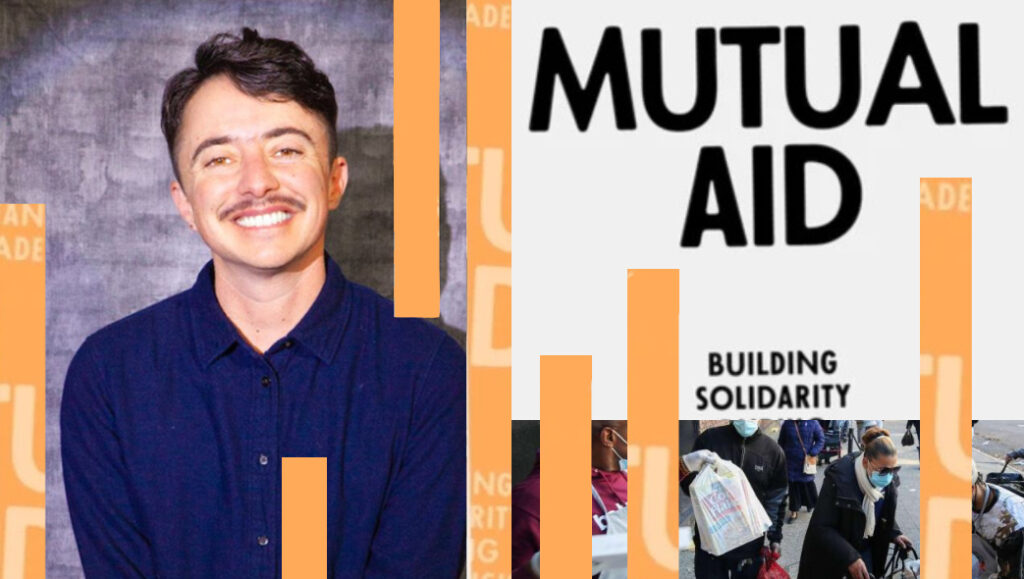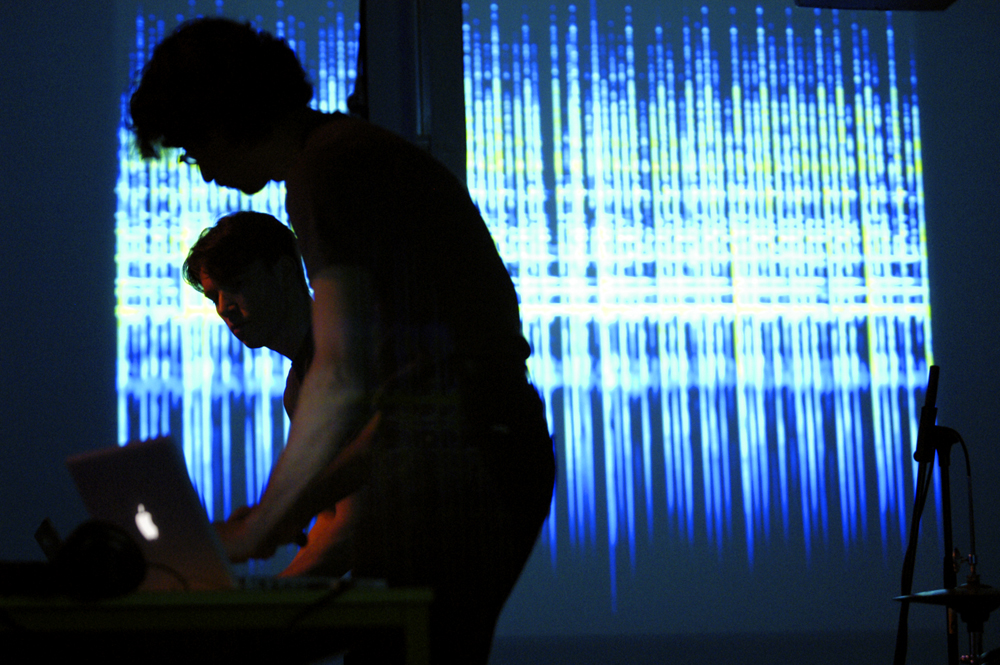
Poetry, Mathematics, Debris
Fred Moten Nathaniel Mackey Fernando Zalamea
How do poetry and maths stitch together pictures of our fractured situation from its wreckage and relics, from the debris of hope and the well of residues that make us what we are?













